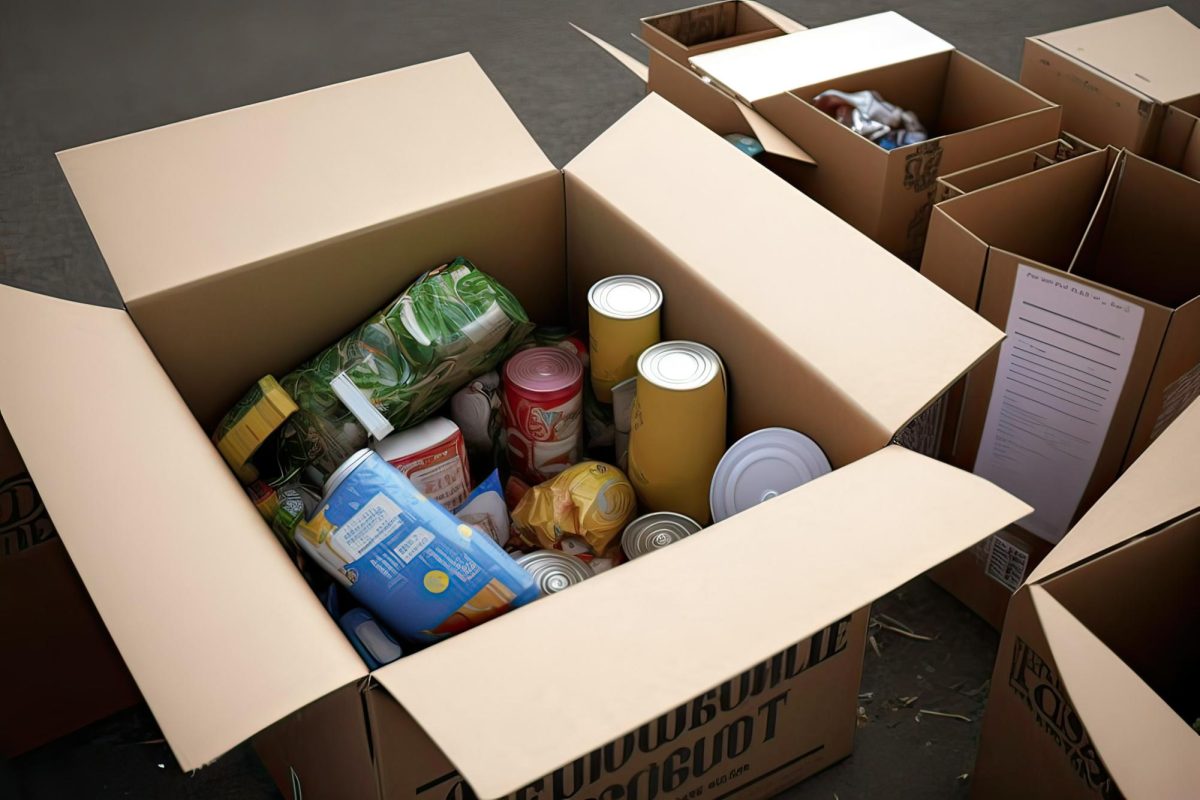Food insecurity is a global issue that impacts countless communities. According to Feeding America, 14% of Tompkins County is food insecure, affecting 14,500 individuals. It is essential that resources go toward addressing this pressing issue.
The Cornell Institute for Digital Agriculture was founded in 2018 to generate more efficient farming and agricultural practices through advanced technology. Since its founding, the institute has conducted research on numerous projects, from using AI to improve the efficiency of greenhouses to creating a real weather wind tunnel to experiment with ideal growing conditions.
Cornell University’s investment in agricultural practices to address food insecurity exemplifies how large institutions can use their resources to help local communities. According to the institute’s strategic plan, Cornell is the only Ivy League university with a mission to support and educate agricultural communities. While that may be largely because of Cornell’s strong agricultural programs, it also marks a dedication to using higher academia for change.
Ithaca College has a number of resources available to students to address food insecurity. The on-campus food pantry is available to students Tuesday through Friday, and the campus community is also encouraged to donate items as able. Swipe Out Hunger is also an initiative founded by Hillel where students can donate guest meal swipes that can be used free of charge by other students.
When it comes to educating students on food insecurity, the nutrition minor features courses like Plants, People and Food Production that inform students on issues related to food insecurity and sustainability. Courses like this show a step toward educating students on food insecurity and encouraging greater action to address the issue.
While Ithaca College does not have an agriculture school like Cornell, students and faculty studying subjects like nutrition have unique expertise that could and should be used to address food insecurity in the local community.




















